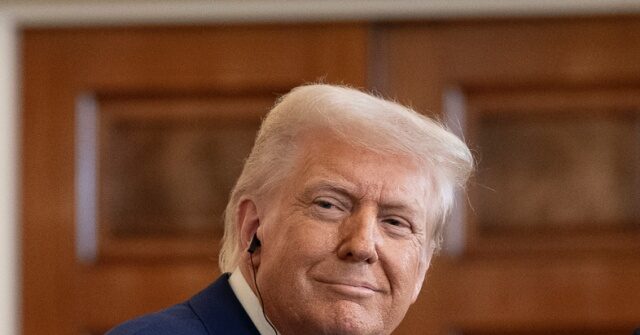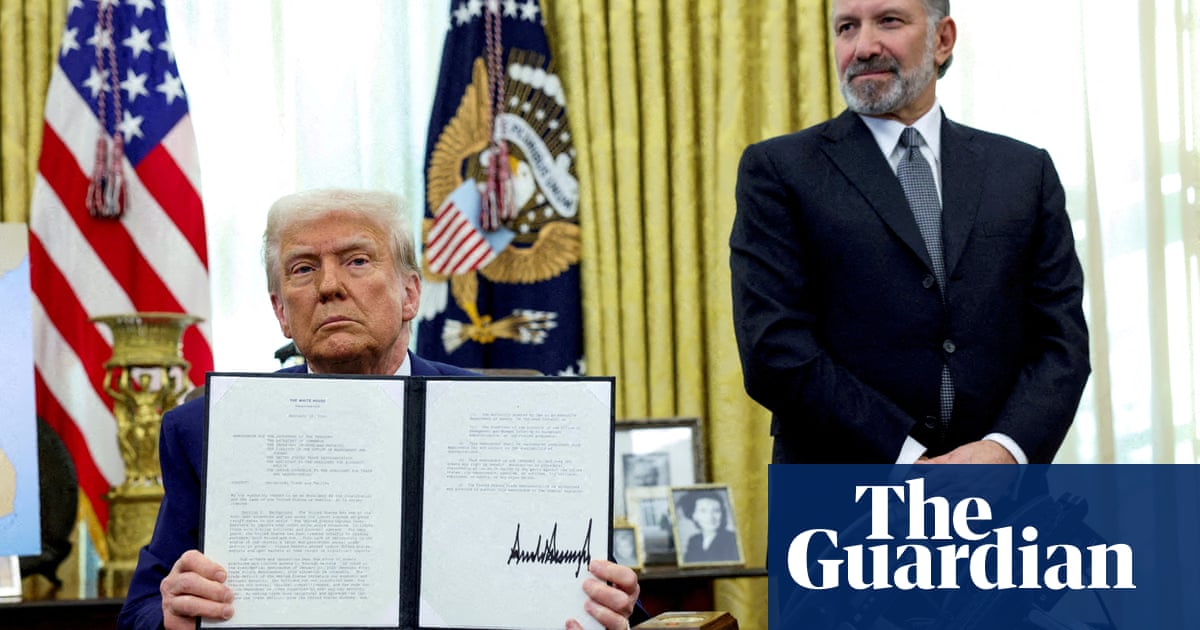Growing Concerns Over Trump's Tariff Policies as Economic Anxiety Rises
Americans are increasingly worried about Trump's tariffs, prompting debates over their impact on the economy and prices, according to a new poll.
Overview
An exclusive poll reveals that 72% of Americans are concerned about President Trump's tariff strategies, which include imposing reciprocal tariffs on imports. This comes as most citizens express worries about inflation and a potential recession. Despite Trump's assurances that tariffs will revive the economy and bring jobs back, skepticism remains, primarily along party lines. Economic officials defend the policies while facing mounting fears about rising consumer prices and market instability. The situation continues to evolve as the April 2 deadline for new tariffs approaches.
Report issue

Read both sides in 5 minutes each day
Analysis
Analysis unavailable for this viewpoint.
Articles (3)
Center (0)
No articles found in the Center category
FAQ
President Trump has imposed a 25% tariff on imports from Canada and Mexico, and a 10% tariff on imports from China. These tariffs are part of broader economic measures aimed at addressing national security concerns and trade imbalances.
A significant majority of Americans are concerned about Trump's tariff policies, with many believing they will increase living costs and contribute to economic instability. There is also skepticism about the effectiveness of these policies in reviving the economy.
The tariffs are expected to reduce U.S. GDP and employment, while also potentially leading to retaliatory measures from affected countries. Globally, they could slow economic growth and increase trade tensions, particularly affecting countries like China and those in the EU.
Trump's tariff policies are part of a broader economic agenda focused on protectionism, aimed at addressing trade imbalances and national security concerns. This agenda also includes tax cuts and deregulation to stimulate economic growth.
History
- This story does not have any previous versions.


